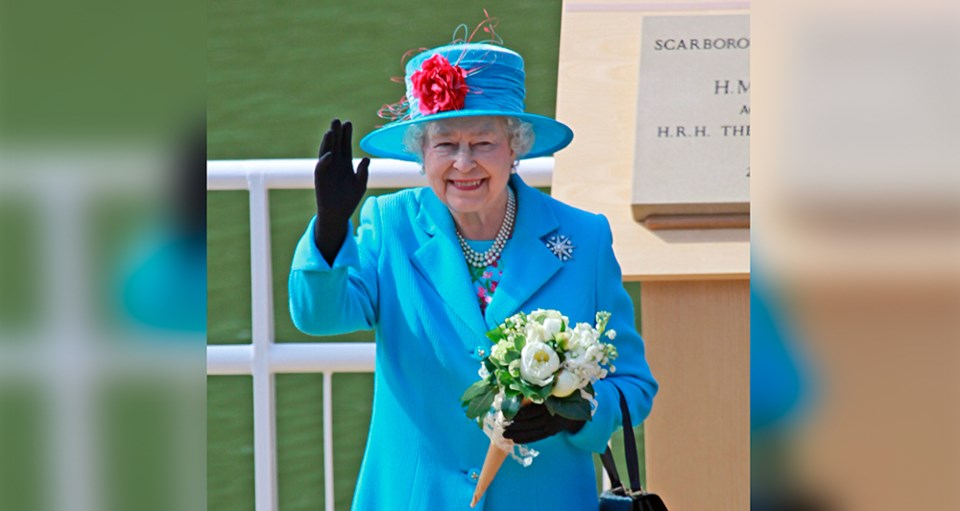Ninety-one-year-old Mary Lamb of Fonthill, a British expat and a member-at-large of the Pelham Historical Society, has lived on Canboro Road for 52 years. She shared her reaction with the Voice on Elizabeth II’s passing.
“Like every other child growing up in Britain the 1930s, the Queen was part of our lives, not as a ‘fairy princess,’ but as a standard we should try to live up to,” said Lamb. “During the Second World War, people thought that if the royal princesses could give things up, so could we. In the 1950s, she represented the hope of a new age.”
Lamb said that Elizabeth II was a great woman, although historians may not judge her as a great queen.
“Great queens usually expand their empires, while Elizabeth II presided over the dispersal of hers,” she said. “But she made a promise to devote her whole life, ‘whether it be long or short,’ to her country, and she kept her promise. How many public figures do that?”
Lamb said that the Queen had faced the collapse, not only of the Commonwealth, but of her own family.
“Modern historians and the media spend much time tearing down the people we were taught to respect, but they will have no success with her,” said Lamb.
When Britain had its back to the wall in the World War II, the populace had great respect for King George VI, said Lamb.
“Elizabeth followed in her father's footsteps,” she said. “The Royal Family was a symbol of status that we all respected. It was a kind of hierarchical society in those days, where you looked up to people. I’m not sure all the royals deserved it, but she certainly did.”
Lamb said that her family was lucky enough to have a 12-inch black and white television set, on which they watched Elizabeth II’s coronation at the age of 25 in 1953, as well as her wedding, as Princess Elizabeth, to Philip Mountbatten in 1947.
“You have no idea how gloomy it was in Britain just after the war, with everything being rationed,” said Lamb. “The royal wedding was like a terrific burst of fresh air. My husband and I were full of hope, thinking it was the start of a new era, sort of a second Elizabethan age, and everything was going to go right for Britain. Of course, it didn’t turn out that way.”



